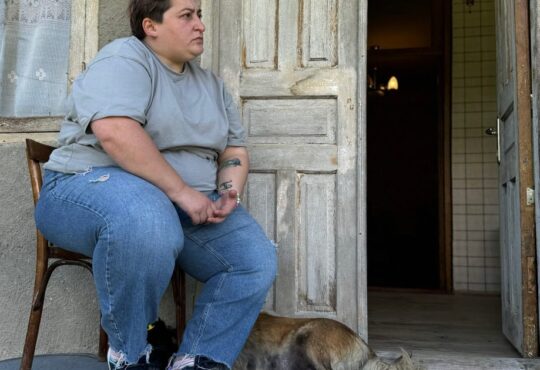
Baillie Gifford expects this year to arrest the heavy outflows that have plagued the Edinburgh-based asset manager for months, having found itself among the UK’s worst-selling fund groups in 2023.
Data from Morningstar shows Baillie Gifford bled £6.6bn last year from its UK-domiciled funds between January and the end of November, compounding a period of investor withdrawals which it has been grappling with for the past couple of years.
James Budden, director of marketing and distribution at Baillie Gifford, said fund outflows in 2023 included those from individual, institutional and intermediary clients.
“Long-term growth investing has been out of favour for more than two years, but sentiment may be about to change as inflation falls and interest rates subside,” he said.
“We think this outflow trend may well reverse in 2024.”
Baillie Gifford, which is owned by almost 60 partners, managed £223bn at the end of 2022. The asset manager is best-known for its focus on growth stocks and its flagship Scottish Mortgage Investment Trust, which reaped huge returns due to early bets made on big name companies such as Tesla, Amazon and Alibaba.
James Anderson, the star stock-picker who spent almost four decades at Baillie Gifford, stepped down as manager of the Scottish Mortgage Investment Trust in 2022.
Outflows for Baillie Gifford in 2023 were consistent across its range of funds, but its Japanese, Managed and Diversified Growth funds were among the worst hit.
READ Schroders reclaims top UK brand status as Baillie Gifford falls in top 10 list
Some believe Baillie Gifford might have a chance to turn around its fortunes this year.
“While many fund companies have now moved to a model where each desk sets its own style and process, Baillie Gifford sits firmly in the growth investing camp and is sticking to its guns,” said Jason Hollands, managing director at UK wealth firm Evelyn Partners.
“When a firm has a strong style bias — whether growth or value, or something else — they can quickly move from hero to zero and vice versa, depending on the market environment.”
Hollands said rising bond yields in 2023 in the wake of steep interest rate hikes and anticipation of a recession, had caused investors to shun managers like Baillie Gifford.
“Ironically, 2023 ended up proving a cracking year for growth stocks, especially those with an AI-angle,” said Hollands.
“Easing bond yields and growing confidence in a soft landing should therefore make for a much improved appetite for the types of strategies Baillie Gifford manages in 2024.”
READ Baillie Gifford’s James Anderson lines up fund management comeback
The outflows for Baillie Gifford come after the group’s assets under management plunged by £113bn in 2022, according to a Financial Times report in February. These were driven by valuation decreases across its investments, with net outflows accounting for around £20bn.
Its Scottish Mortgage Investment Trust was also thrown into turmoil after its chair, Fiona McBain, announced in March she would stand down after this year’s annual meeting.
McBain has been chair of the £12.9bn listed trust since 2017 and a director since 2009, but her tenure had been the focus of an attack by non-executive director Amar Bhidé.
The UK corporate governance code recommends a nine-year limit for board chairs, from the date of becoming a non-executive.
Bhidé, who is a professor of business at Tufts University in Massachusetts, told the FT that he had disagreed with McBain over the process to appoint two new board members, as well as his assessment of the risks posed by the trust’s investments in unquoted companies.
Last year Baillie Gifford was also toppled from the top spot in a ranking of the UK’s best asset management brands, slipping seven spots in an annual fund selector survey compiled by Broadridge.
Want more on asset management? Click here for FN’s weekly newsletter
To contact the author of this story with feedback or news, email David Ricketts





